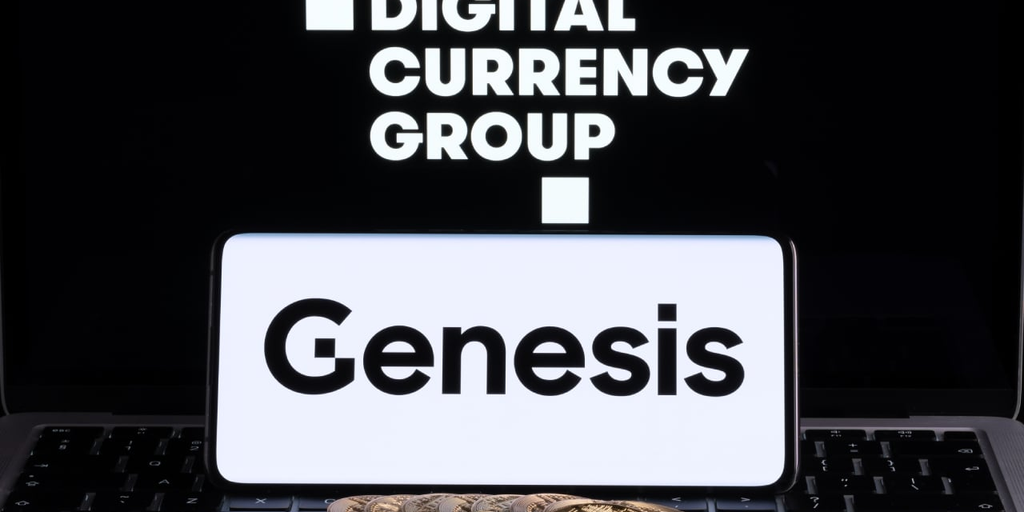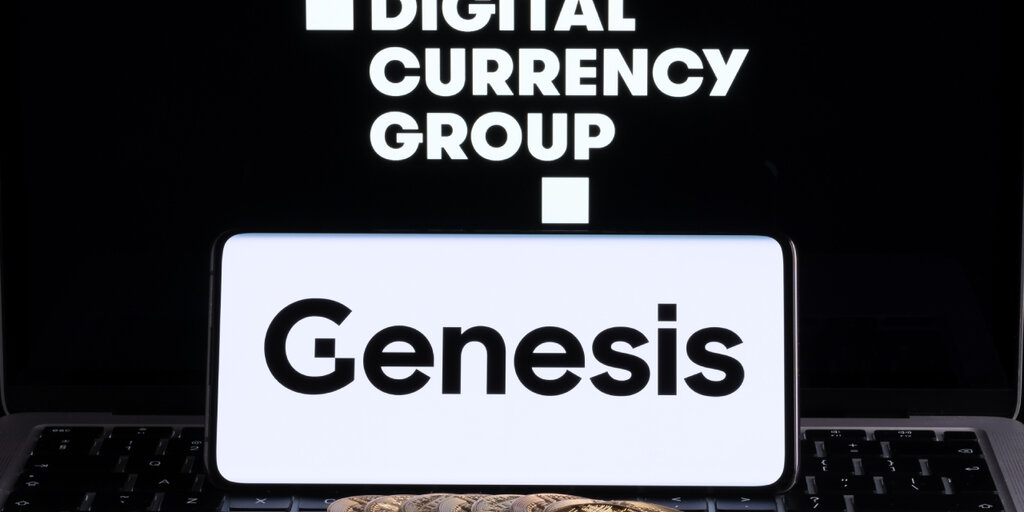Digital Currency Group (DCG) has opposed its collapsed subsidiary’s plan to pay back customers, claiming that some former clients would receive too much money.
Court documents filed Monday explain DCG’s objections to Genesis payment plan.
Genesis was a crypto lender that went bankrupt last year. One of many companies run by crypto behemoth DCG, it allowed users to earn cash on their crypto holdings.
Since Genesis went bust, clients have been waiting to get their cash back. DCG has said that creditors will be made whole.
But Monday’s filing says that the current plan “disproportionately favors a small controlling group of creditors over others,” and that “DCG cannot support such a plan, and the court should not approve it.”
The biggest issue? Some creditors will receive far more as the prices of digital assets like Bitcoin (BTC) and Ethereum (ETH) have risen since Genesis went bust last January.
“Put differently, the distribution principles would allow certain creditors, whose claims are based on digital assets that have significantly appreciated in value since the petition date, to recover more than the value of their claims in U.S. dollars as of the petition date,” the filing said.
Genesis’s troubles began in November 2022. It had made billions of dollars in loans to beleaguered crypto firms like Three Arrows Capital and Alameda Research, which were about to default on their debt due to market contagion stemming from the collapse of TerraUSD.
When mega digital asset brand FTX collapsed, Genesis announced to clients that it would pause withdrawals from its lending arm due to the “unprecedented market turmoil.” The pause turned out to be indefinite.
The Securities and Exchange Commission hit the lender with a lawsuit in January 2023, alleging that the company allegedly raised billions of dollars’ worth of crypto from hundreds of thousands of investors in an unregistered securities offering.
It filed for bankruptcy the same month.
Edited by Ryan Ozawa.
Stay on top of crypto news, get daily updates in your inbox.
Source link




![[CITYPNG.COM]White Google Play PlayStore Logo – 1500×1500](https://startupnews.fyi/wp-content/uploads/2025/08/CITYPNG.COMWhite-Google-Play-PlayStore-Logo-1500x1500-1-630x630.png)